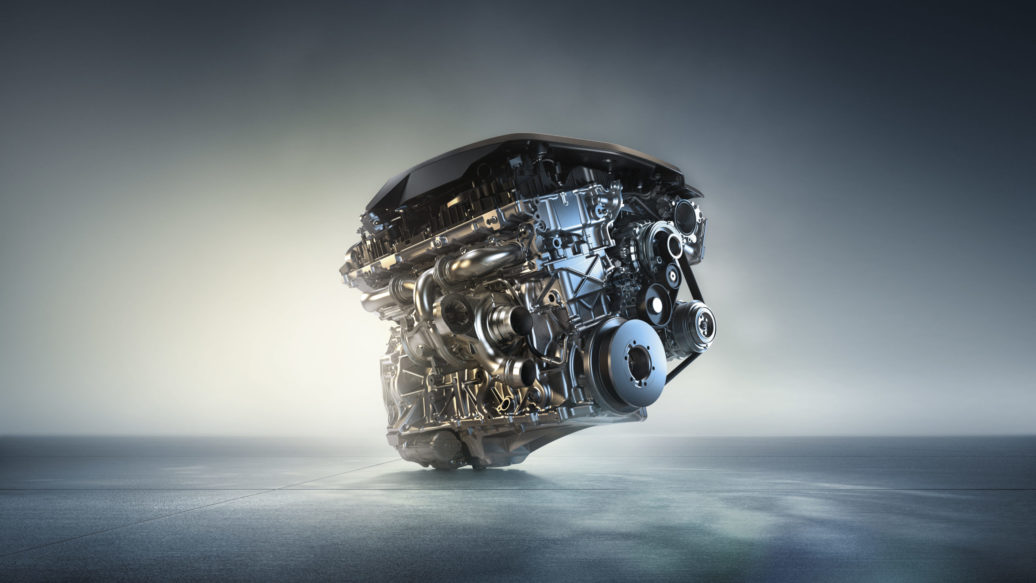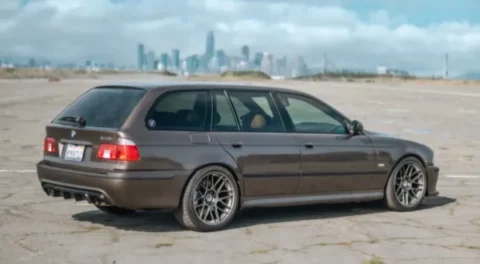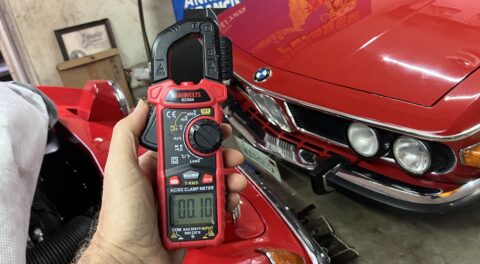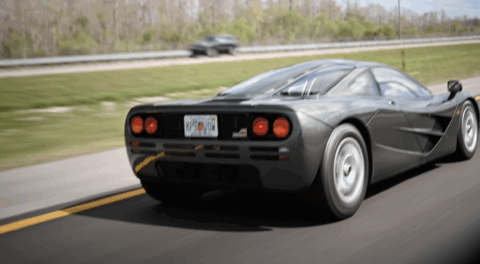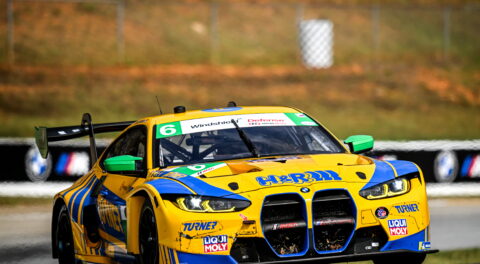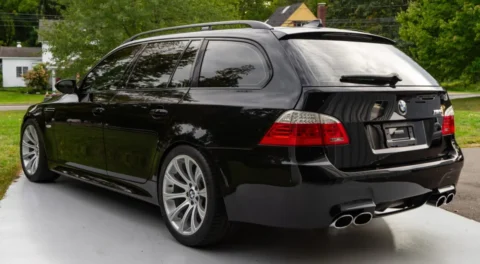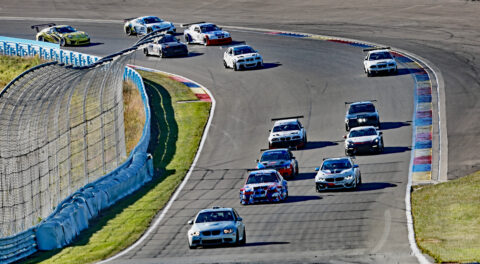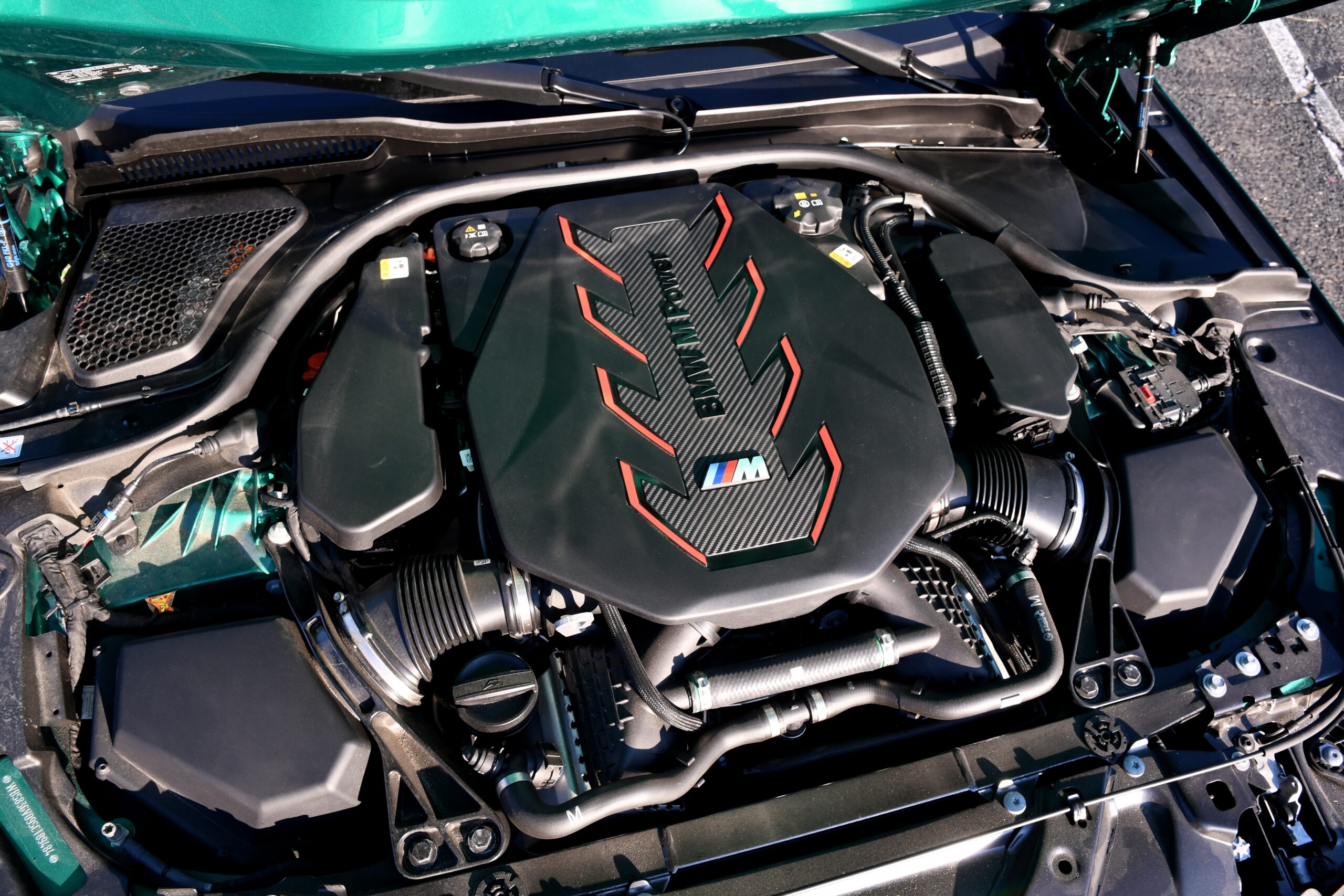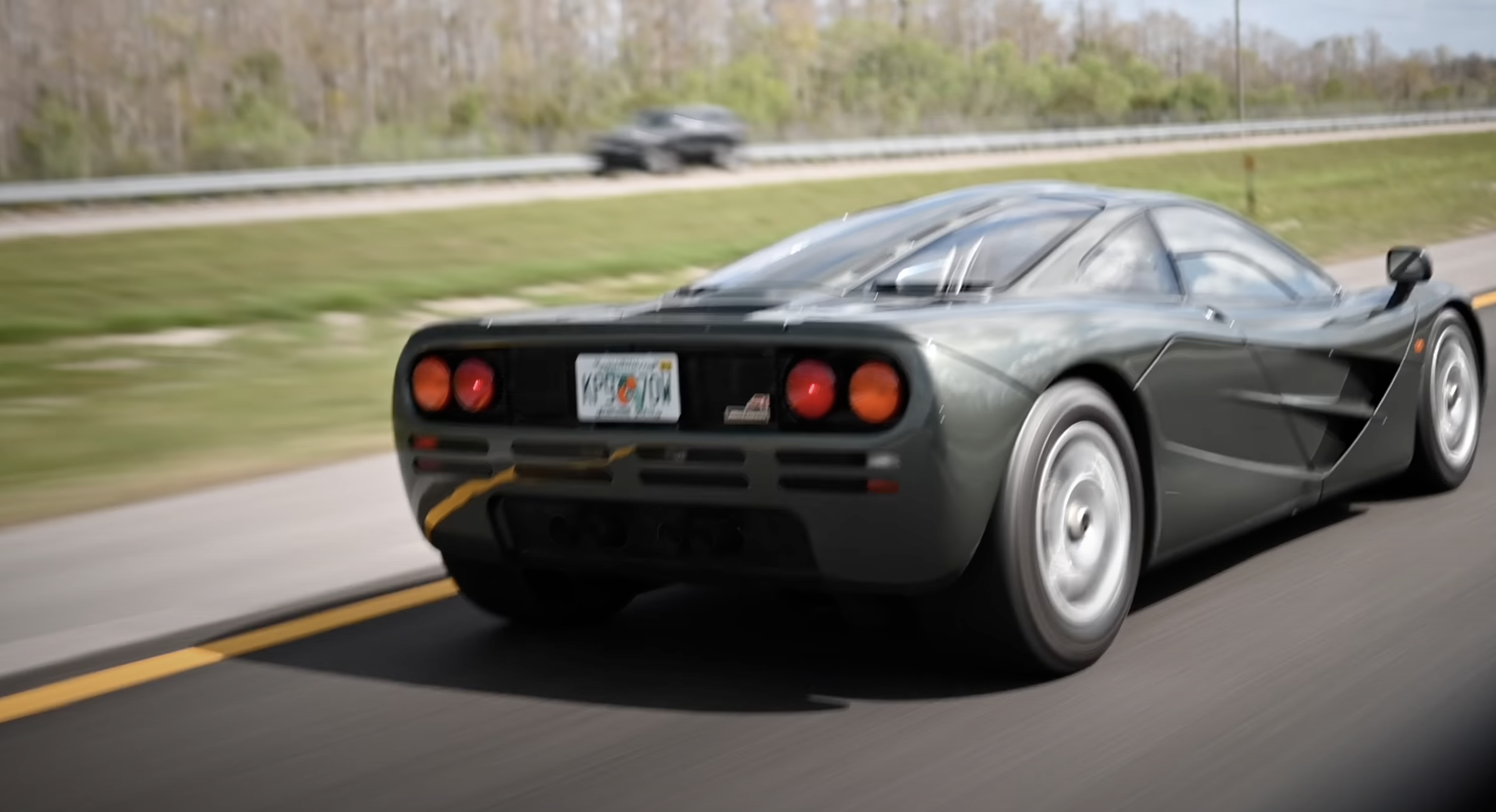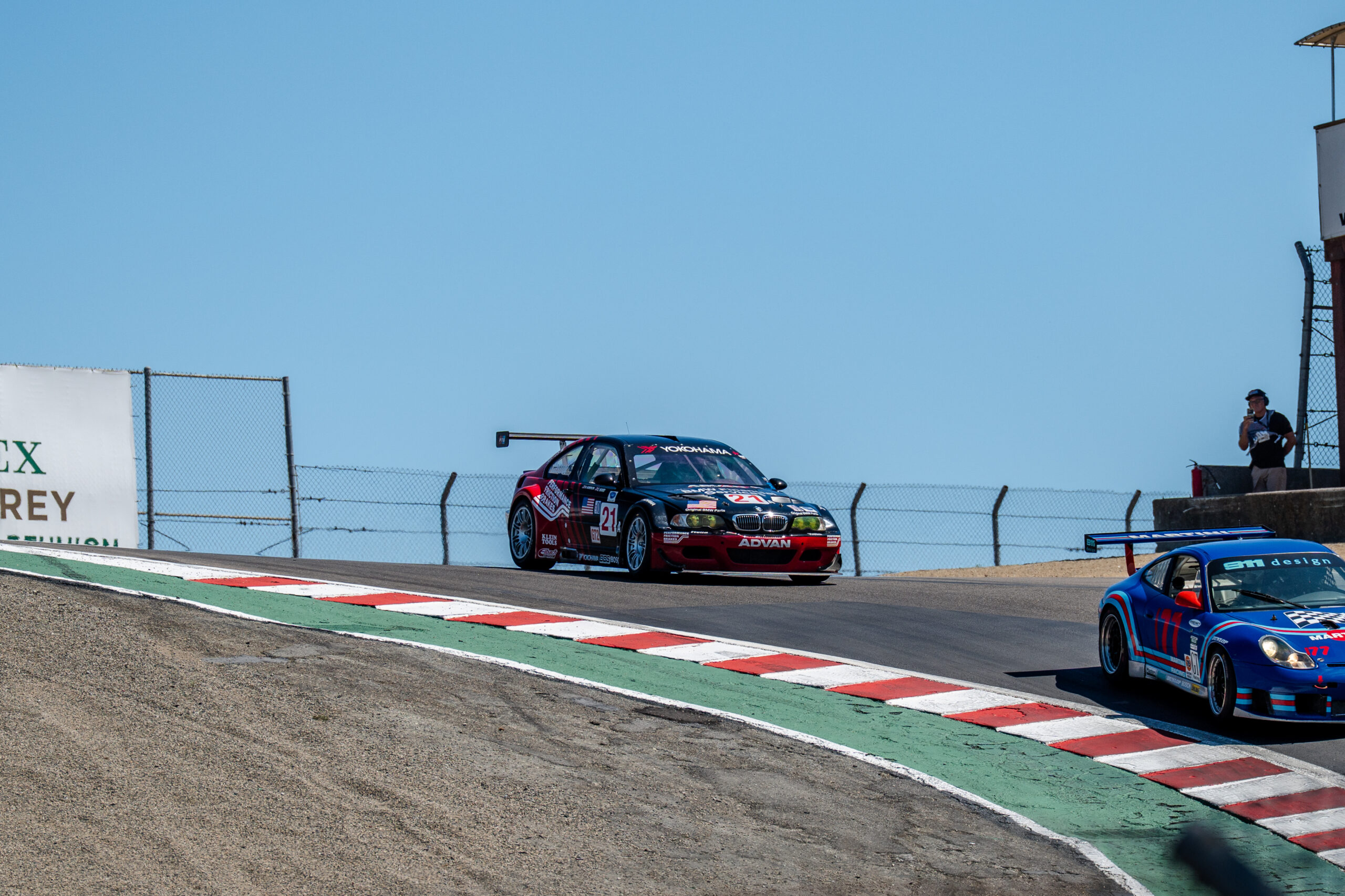According to an interview of BMW board member Frank Weber and German automotive news media outlet Auto Motor und Sport, despite the end being in sight for many other brands, BMW is developing a new generation of internal combustion engines. The array of engines includes a six-cylinder and V8, along with a diesel unit which will likely be excluded from U.S. model offerings. It’s all part of a plan to capitalize on the versatility of the current and future BMW vehicle lineup, which uses modular vehicle platforms that can serve as the basis for hybrid, purely electric, and internal combustion-powered models.
Frank Weber, the BMW Group board member responsible for overseeing development, said, “We still need the state-of-the-art combustion engine for a few years to effectively reduce CO2 emissions in the passenger car sector globally.” He continued by adding that the new designs will be, “technologically prepared for the coming emission standards,” and that the reduction in carbon emissions achieved with the next-generation BMW six-cylinder engine is greater than that of any previous update.
Speaking in regard to charging infrastructure and the venerable BMW 3 Series, Weber offered the following: “In 2025 there will still be many people who cannot drive an electric car because they do not have the necessary infrastructure. This will develop at very different speeds in the individual markets. But – and this is very important to me – we will not force our customers to choose between the new and the supposedly old. Our aim is to always offer the most sustainable and innovative vehicles, regardless of the type of drive.”
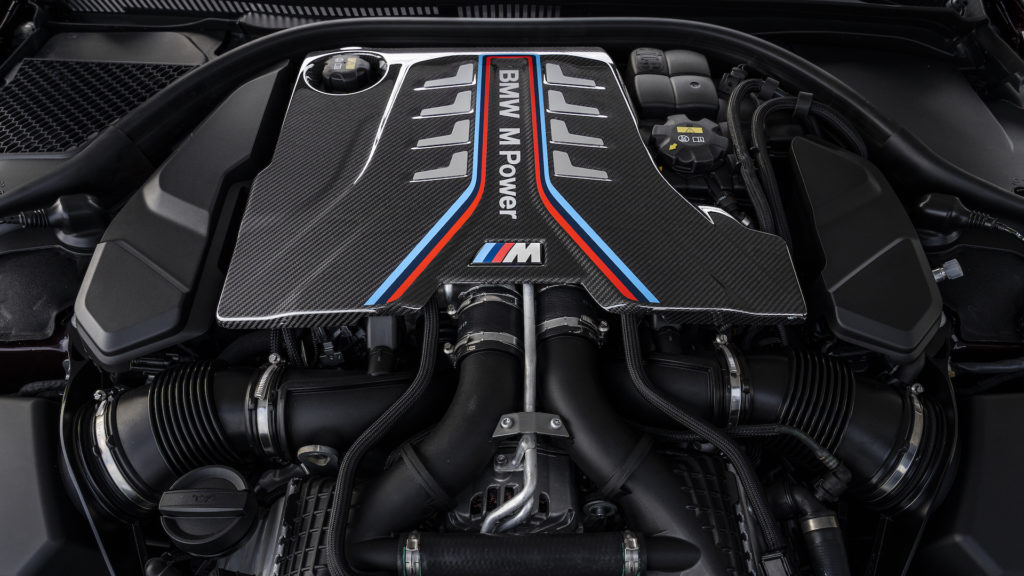
Specific details relating to the differences between these forthcoming engines and the current B58 inline six and N63 (and M derivative S63) V8 are not yet known, but the interview of Weber suggests that they will use new designs as opposed to incremental upgrades, and that the design and construction of the cylinder heads will allow for previously unrealized levels of efficiency and carbon emissions reduction. According to a previous report, BMW has been working on a new V8 engine to replace the aging N63, which arrived for the 2009 model year, since at least 2019. A future four-cylinder engine was not discussed, but given that BMW’s current modular engine architecture covers the B38 three-cylinder, B48 four-cylinder, and B58 six-cylinder, a new unit can’t be ruled out.
Through the course of the interview, Weber also offered some details regarding the BMW 7 Series and upcoming i7, along with the next-generation M5, standalone electric models, and future vehicle platforms.
Unlike upcoming variations of the Mercedes-Benz S Class, when it arrives, the next-generation BMW 7 Series will be offered with both purely electric and an internal combustion drivetrains. The upcoming M5 is likely to use a hybrid drivetrain similar to that of the XM, with up to 750 horsepower coming from a V8 and an eDrive system. Weber says it’s still too early for a standalone electrified version of the 3 Series, and that the i4 is based on the same modular architecture that currently underpins numerous BMW models with internal combustion engines. Weber also explained that BMW has approached electrification in three phases, or waves. The first wave included the groundbreaking low production volume i3 and i8, the second wave includes the i4 and iX, and extends to future electrified BMW models including the 5 Series, 7 Series, and X1. The third wave presumably includes the upcoming Neue Klasse vehicle platform that is currently in development.—Alex Tock
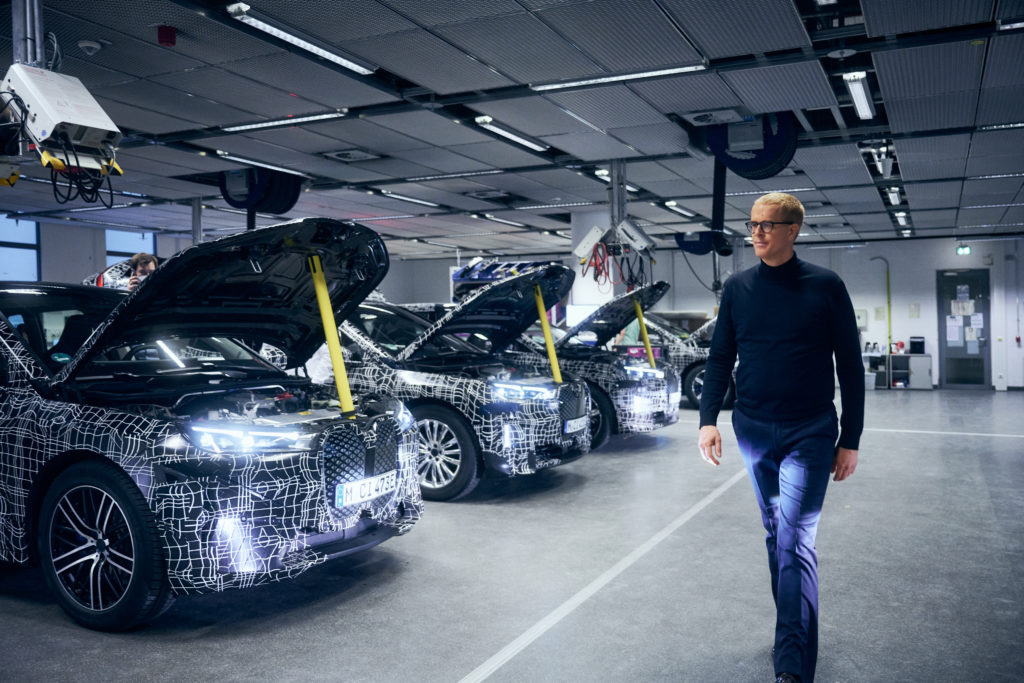
[Photos courtesy BMW AG.]

